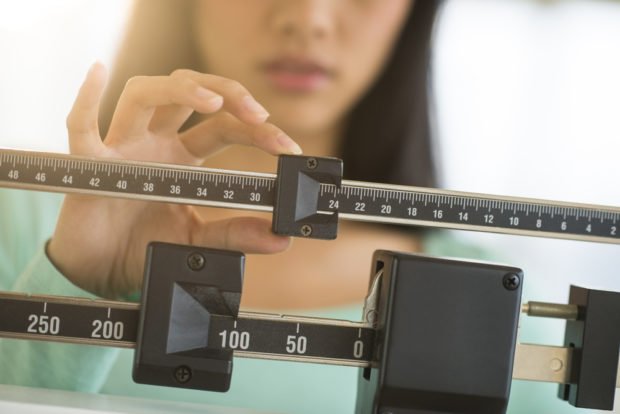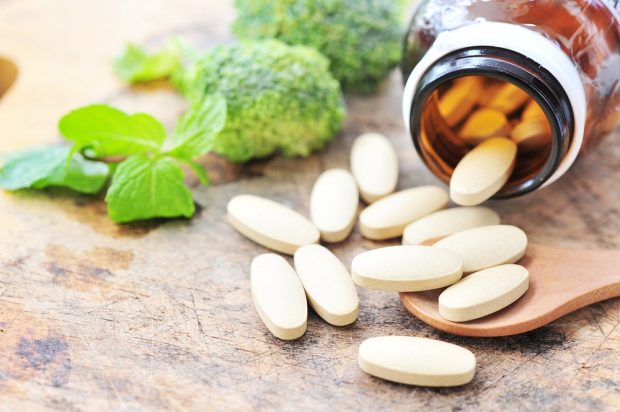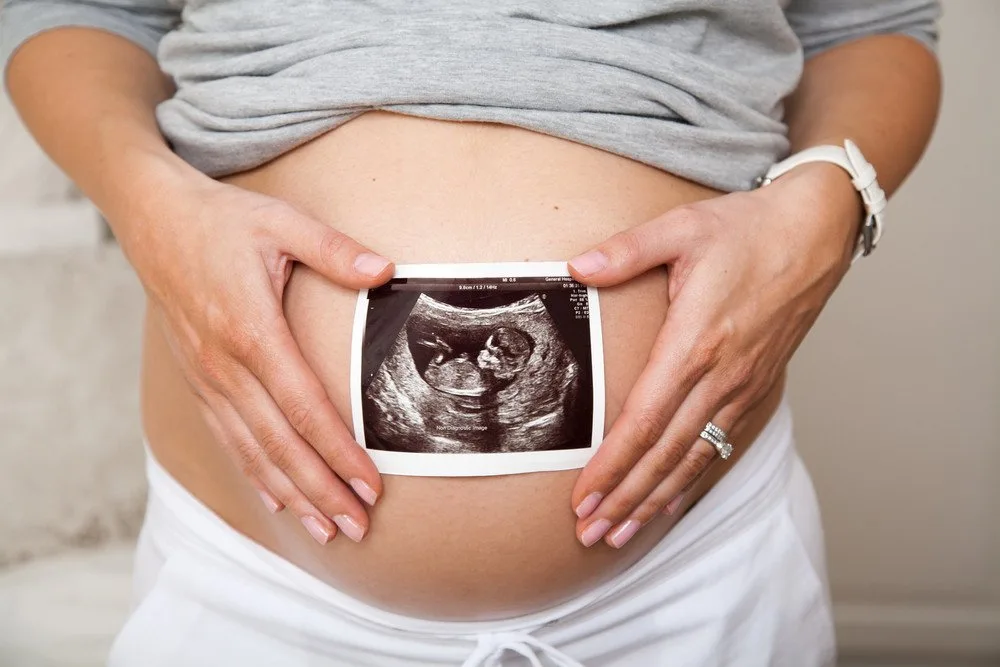Many couples have dreams of starting a family and parenthood, but the road to conception can be tricky and somewhat frustrating. According to Healthline, fertility issues affect up to 15% of couples trying to conceive. Several factors influence this issue such as lifestyle choices, physical health, alcohol intake, toxins, diet, and more all play a hand in raising or lowering your chances of fertility. If you’re searching for effective ways to boost your chances of conception, here are seven tips for increasing fertility below. Longevity Live Paid Content.
Reaching a Healthy Weight

tmcphotos/shutterstock
Healthy weight is a key component when it comes to increasing fertility in both men and women. Maintaining a healthy Body Mass Index (BMI) between 18.5 and 24.9 increases the chances of pregnancy by more than 50%.
A woman who is underweight or overweight can experience menstrual irregularities, hormonal imbalances, and a lack of ovulation. A man who is overweight may have a lower sperm count as well as hormonal imbalances.
Talk with a healthcare provider to see what weight is right for you and your partner to boost your chances of conceiving.
Eating Healthy
Both men and women can increase their fertility by making changes to their diet and making healthier food choices. Fruits, vegetables, nuts, and grains packed full of antioxidants such as zinc and folate are known to improve fertility. Cutting back on trans fats commonly found in processed foods, baked goods, and hydrogenated vegetable oils, and replacing these with healthy fats in turn will have a positive impact on overall health as well as fertility.
High-fiber foods such as fruits, vegetables, whole grains, and beans keep blood sugar levels balanced and get rid of excess hormones.
Physical Exercise
Moderate exercise has several benefits for your health, including lengthening your lifespan, improving mental health, and most importantly, increasing your chances of fertility. It’s essential that you ease your way into a workout regimen and try to avoid high-intensity workouts because they could have a negative effect on your reproductive system and decrease your chances of pregnancy.
Getting a minimum of 30 minutes of exercise a day for five days a week is a good routine and solid base. Increasing physical activity, in general, will reduce stress levels, boost endorphins, lower cholesterol, increase heart health, and help you lose excess weight.
Supplements

Umpaporn/Shutterstock
Incorporating a diverse rotation of supplements into your daily diet can greatly increase your chances of fertility. Vitamin D and folic acid can help healthy maintain blood-red cell production, significantly boost your chances of pregnancy, and reduce the risk of neural tube defects in the baby.
Natural supplements such as royal jelly, bee pollen, and maca have been known to improve fertility, male sperm count, sperm quality, and overall immunity. Another great supplement to consider is fish oil which contains omega-3s, highly beneficial for hormone regulation, increased blood flow to the uterus, and anti-inflammatory properties.
How Much Coq10 Should I Take?
Coq10 is another beneficial supplement that can increase energy production and protects mitochondria from excess free radicals. How much coq10 should I take is a common question among women, and usually 90-200 mg per day is recommended. A doctor or dietician can also answer the question of how much coq10 should I take. How much coq10 should I take is an important question to take into consideration because the side effects could lead to headaches, irritability, insomnia, dizziness, and fatigue.
Reduce Alcohol Consumption
Alcohol consumption helps many people relax, but heavy drinking can have a negative impact on fertility in both men and women. Excessive alcohol can reduce the quality of men’s sperm, while it decreases the chances of pregnancy in women.
Moderate alcohol intake has been shown to have little to no impact on fertility. Also, some doctors recommend that women avoid alcohol completely during their fertile window because alcohol can affect the fetus during this time.
Engage in Regular Sex
 Engaging in regular intercourse three to four times a week is a sure-fire way to increase your chances of pregnancy. Following the frequency boosts the chances of the egg and sperm meeting every month. Trying to have sex in an effort to get pregnant only during the day you ovulate is a bit risky.
Engaging in regular intercourse three to four times a week is a sure-fire way to increase your chances of pregnancy. Following the frequency boosts the chances of the egg and sperm meeting every month. Trying to have sex in an effort to get pregnant only during the day you ovulate is a bit risky.
According to Mayo Clinic, the highest pregnancy rates occur in those who have sex every day or every other day.
Conclusion
Working towards conception can be difficult for some couples, but there are ways you can significantly boost your chances of becoming pregnant naturally. Eating healthier, working out, taking the right supplements, and reducing alcohol intake are just a few.
Getting to a healthy weight and also answering the question of how much coq10 should I take will get you much closer to your goal. Slowly incorporating and following these seven tips for increasing fertility will help you boost your chances of conception and bring you one step closer to parenthood.



![women [longevity live]](https://longevitylive.com/wp-content/uploads/2020/01/photo-of-women-walking-down-the-street-1116984-100x100.jpg)










